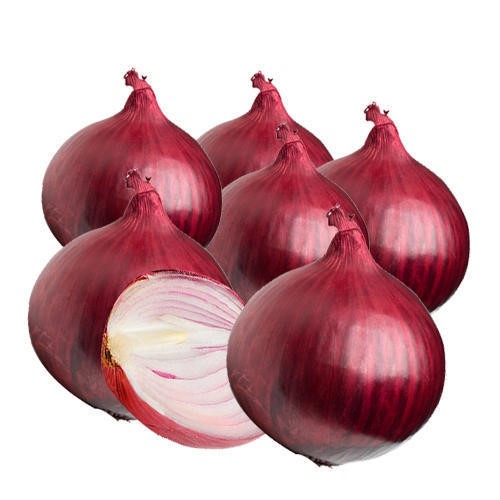Free Courses Sale ends Soon, Get It Now


Free Courses Sale ends Soon, Get It Now



Disclaimer: Copyright infringement not intended.
Context
Purpose of Irradiation
Scaling Up Plans
Implementation Strategy
Shift in Storage Location
Procurement and Buffer Stock Management
Export Policy
Addressing Post-Harvest Losses
|
National Consumers’ Cooperative Federation (NCCF) NCCF was established on 16th October, 1965 to function as the apex body of consumer cooperatives in the country. It is registered under the Multi-State Co-operative Societies Act, 2002. It operates through a network of 26 Branch Offices located in different parts of the country. NCCF Headquarters is situated in New Delhi. NCCF, as an organisation to promote consumer cooperative movement in the country, aspires to facilitate the voluntary formation and democratic functioning of cooperatives, based on self-reliance and mutual aid for overall economic betterment and financial autonomy. National Agricultural Cooperative Marketing Federation of India Ltd (NAFED) Established in 1958, the National Agricultural Cooperative Marketing Federation of India Ltd (NAFED) is a key organization facilitating the trade of agricultural produce nationwide. Registered under the Multi-State Co-operative Societies Act, NAFED has become one of India's largest procurement and marketing agencies for agricultural products, headquartered in New Delhi. NAFED spearheads price stabilization measures, including "Operation Greens," aimed at doubling farmers' income by 2022. It collaborates with entities like the Food Corporation of India (FCI) to procure oilseeds, pulses, and copra through the Price Support Scheme (PSS) under PM-AASHA. Additionally, NAFED established the National Spot Exchange in 2008 in partnership with Financial Technologies (India) Ltd. Note: National Spot Exchange The National Spot Exchange Limited (NSEL) is India's first spot exchange. It was set up in 2008 by 63 Moons Technologies to create a single market for buying and selling goods, both agricultural and manufactured, across India. Before NSEL, there were recommendations from different groups like the Government's Economic Survey and the Rangarajan Committee to create a national-level market for agricultural products. Finally, in 2007, the Indian government gave NSEL and two other exchanges permission to start operations. NSEL started its electronic trading platform in October 2008. Six state governments also gave it licenses to operate under their Agricultural Produce Market Committees (APMC) Acts. In 2011, the Forward Markets Commission (FMC) was put in charge of regulating spot exchanges like NSEL. This was a big step for NSEL's development. |
|
PRACTICE QUESTION Q. Which organization established the National Spot Exchange? a) Food Corporation of India (FCI) b) National Agricultural Cooperative Marketing Federation of India Ltd (NAFED) c) Agricultural and Processed Food Products Export Development Authority (APEDA) d) Small Farmers' Agri-Business Consortium (SFAC) |
SOURCE: INDIAN EXPRESS
© 2024 iasgyan. All right reserved